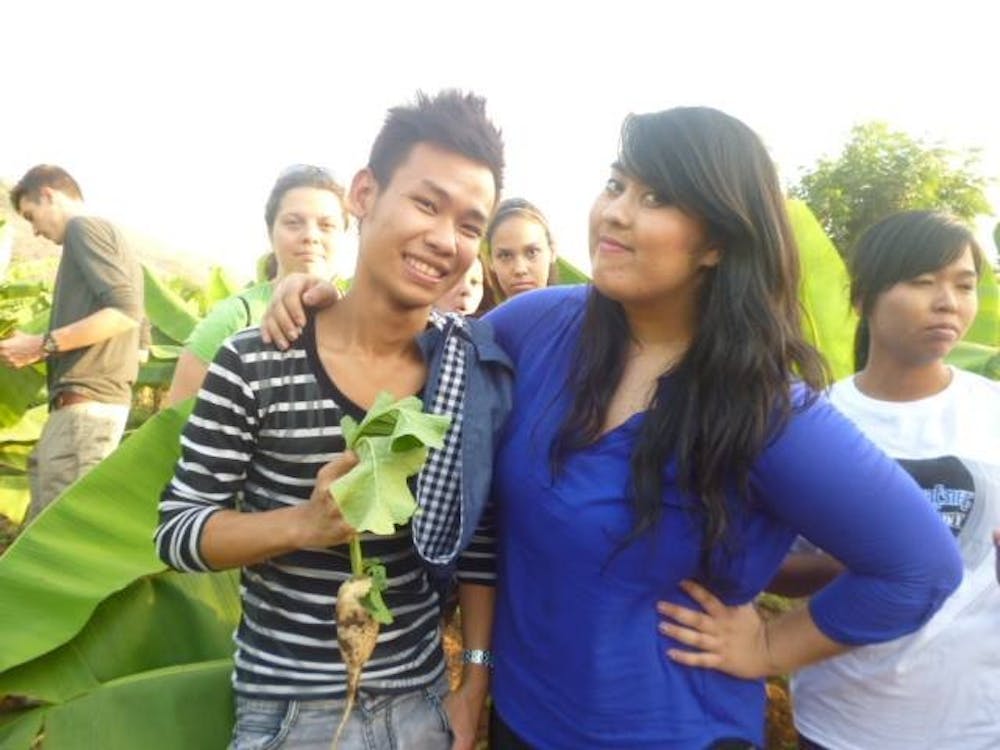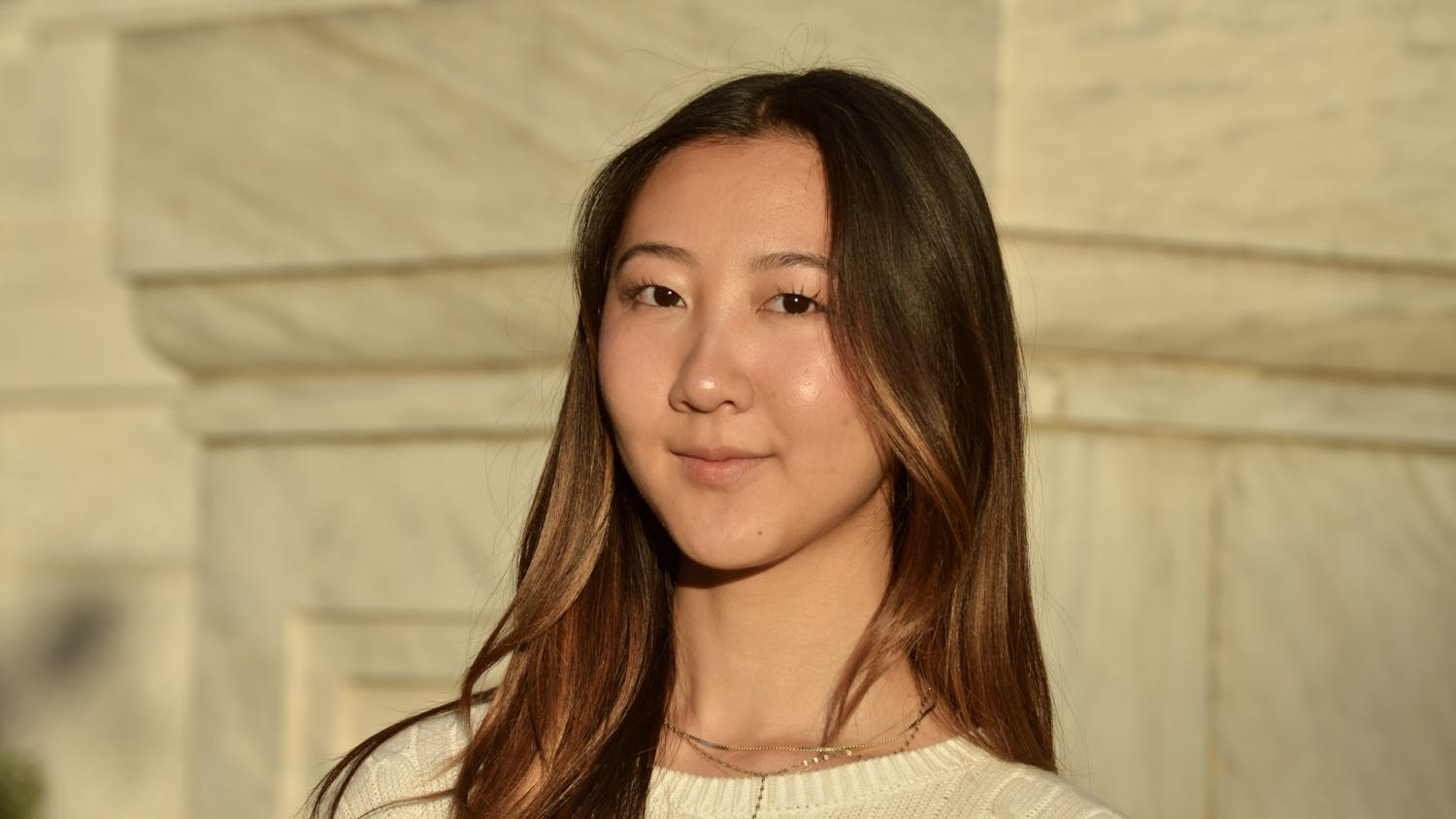When I left to visit Myanmar (formerly Burma) for two weeks with the Alternative Break program, I expected to learn about the Myanar people’s fight for a democratic transition through education reform. However, I didn’t expect that fight to leave such a lasting impression on me, and one that should reverberate through the AU student body and our generation as a whole.
In Myanmar, we met with many inspiring, passionate individuals, including an 18-year-old college student who was a political prisoner for six months and walked 800 miles to promote peace in Myanmar. Another student produced a documentary about her fight for liberty in Myanmar and is now considered to be a potential opposition leader to the Burmese government.
After meeting with these students, something clicked in my head: it’s noble to criticize a government that is abusive and oversteps its boundaries. History frequently honors leaders who were anti-government in the ways they promoted peace, freedom and equality. Aung San Suu Kyi, Nelson Mandela and Martin Luther King Jr. are just a few examples of people who fought for democracy and equality through peaceful means and were also anti-government in their nature.
One Burmese student asked me what I found most distressing in the U.S., and my answer surprised him. The National Defense Authorization Act is a law with a clause that allows the U.S. government to detain anyone indefinitely without due process or a fair trial. The student said this is something he would expect out of the military junta, not the country that symbolizes individual freedom.
It was the U.S. government and our founding fathers that decided a black man was considered three-fifths of a person in terms of population. It was an American president who decided to relocate 110,000 Japanese-Americans into internment camps. This abuse of power continues today as an American president authorizes warrantless wiretapping, torture, kidnapping and detention. It is anti-government activists who continuously fight to overturn these injustices and crimes against humanity.
Yet when anti-government or pro-individual freedom activists address these concerns, they are either silenced or perceived as idiotic and preposterous. That’s hypocritical if we honor past heroes who did the same for their country.
In Myanmar, the country’s independence and rebirth has been driven almost entirely by students. Students like Aung San (Aung San Suu Kyi’s father) drove the colonial British out of their country, built the foundations of their military powers and fought for liberty.
In the U.S., students have the opportunity to challenge government authority in the same pursuit of freedom, equality and liberty. The difference is that our path is not obstructed by genocide and warfare. Here at AU especially, where many students will go on to write and shape policy, there are lessons to be learned from Myanmar.
Sarah Harvard is a junior in the School of International Service.





